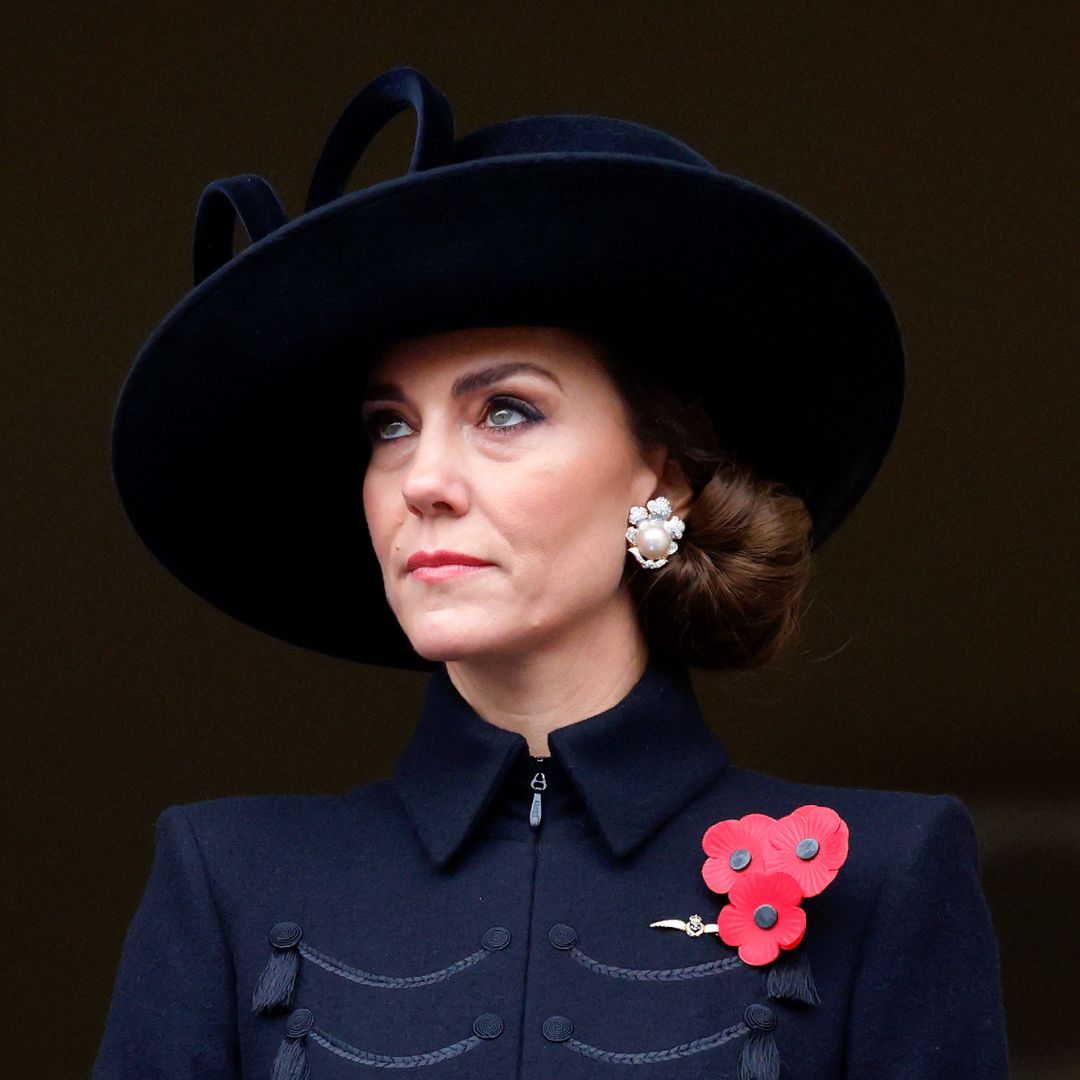
We take a closer look at the public conversation around the Princess of Wales' natural ageing and explore why the current narrative is deeply problematic.
The Princess of Wales is one of the most recognisable women on the planet, famed for her natural beauty and timeless style. And with fans eager to know Kate Middleton's go-to beauty products since joining the fold, she has long been considered the beauty ideal.
This week however, new photographs of the 41-year-old mother of three were released, which, for some reason, have caused a storm of ageist criticism. And frankly, I'm not having it.
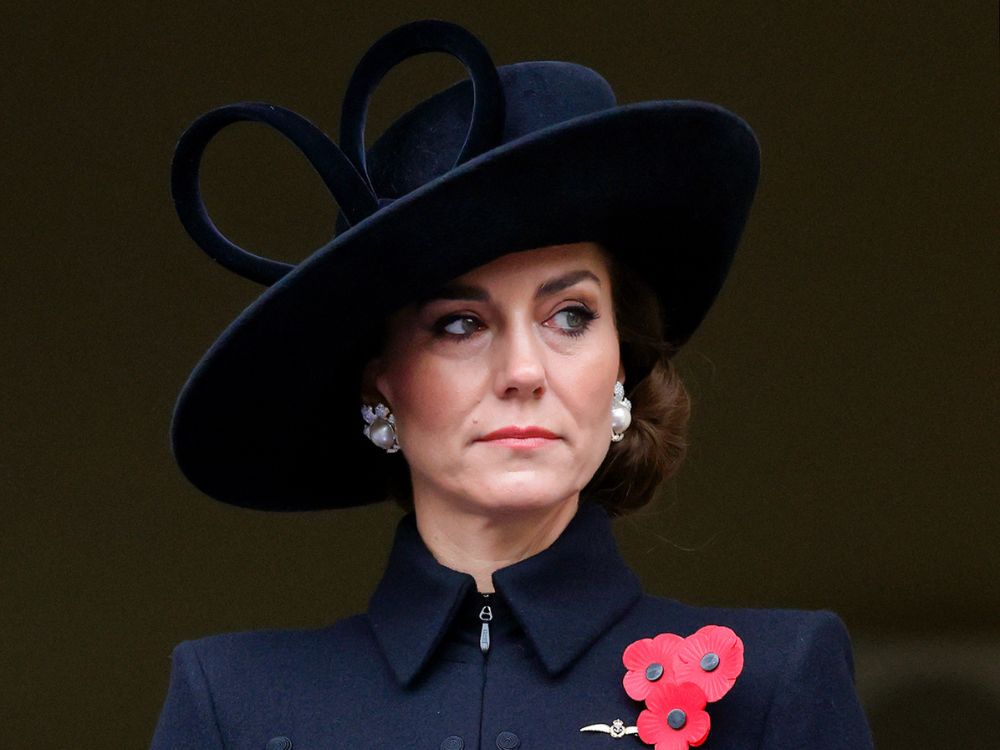
The images, showing the Princess of Wales at the National Service of Remembrance on Sunday, were met by a barrage of social-media comments claiming that Kate looks "tired, old and sad".
Quora, Reddit and Mumsnet saw the emergence of multiple threads dedicated to debating just why Kate looks "so tired and rundown". And in some corners of the internet, the 'concern' for Kate Middleton's appearance turned particularly hateful.
"What has happened to her? She looks too old in a very short time," one user commented on a photograph of the Princess of Wales on Instagram. "She's ageing terribly."
"She went from young attractive mum to mother of the bride overnight," another posted, while several read: "She's ageing like milk."
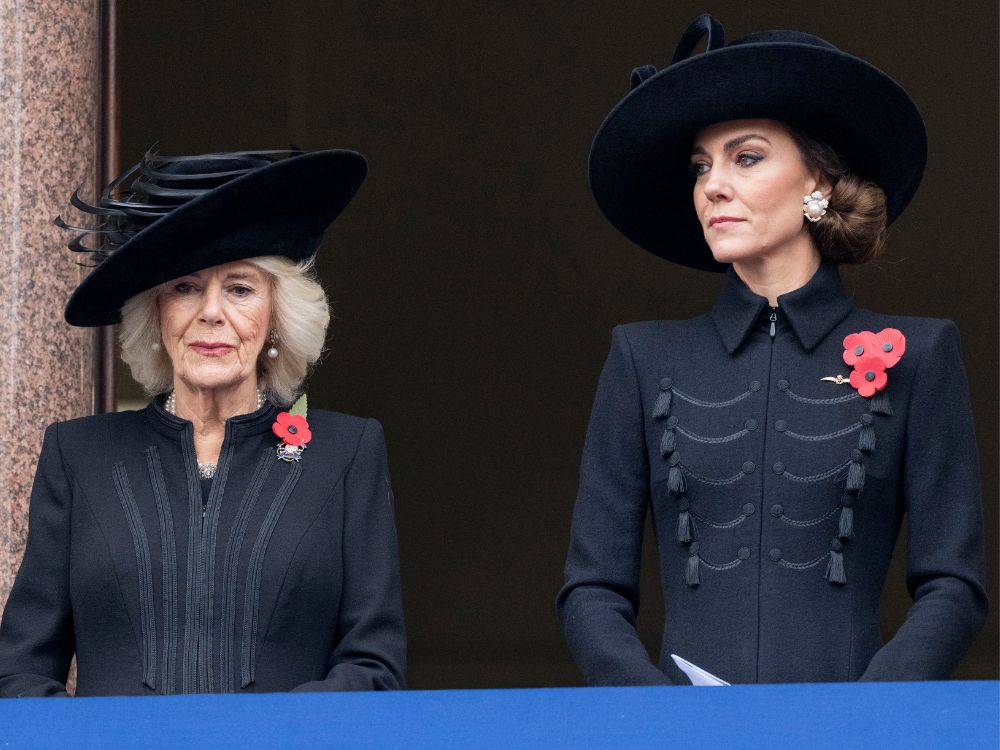
Let me say this: Kate Middleton does not look "old and tired", nor is she "ageing like milk". She is, simply, ageing naturally—and, let's be honest, looking really great while she's at it. This shouldn't be concerning to anyone. What we should be concerned about, however, is that a 41-year-old woman in the public eye looking her age is causing so many of us to stop in our tracks.
We live in a world where Kardashian beauty standards reign supreme. But it's time for all of us to open our eyes to the reality we are facing: the impossible bars set for us are only reachable by cosmetic therapies. When I floated this idea with Marie Claire UK's Executive Beauty Editor, Shannon Lawlor, she had some strong thoughts. "I am always telling people that no topical beauty product, lifestyle change or diet can eradicate signs of ageing—but no one wants to hear it. Celebrities and influencers are using filters, make-up and a plethora of tweakments and surgeries to sell us all an unattainable dream. Enough is enough," she says.
And as such, tweakments of all kinds have been normalised. In fact, the comments around the Princess of Wales' appearance prove tweakments have moved beyond the reals of being normalised, and that actually, they're now expected.
I'd like to make a disclaimer here that I do not judge the act of cosmetic treatments at all. Since entering my thirties, half of my friends have invested in them in some form, and they look fantastic. The thing I do have an issue with is how the results have become the standard. And if a woman ageing naturally makes headline news (and receives a tirade of ageist abuse in the process), then perhaps we are getting too used to the appearance of Botox, fillers and filters. In the process of it all, we're forgetting what normal ageing looks like.
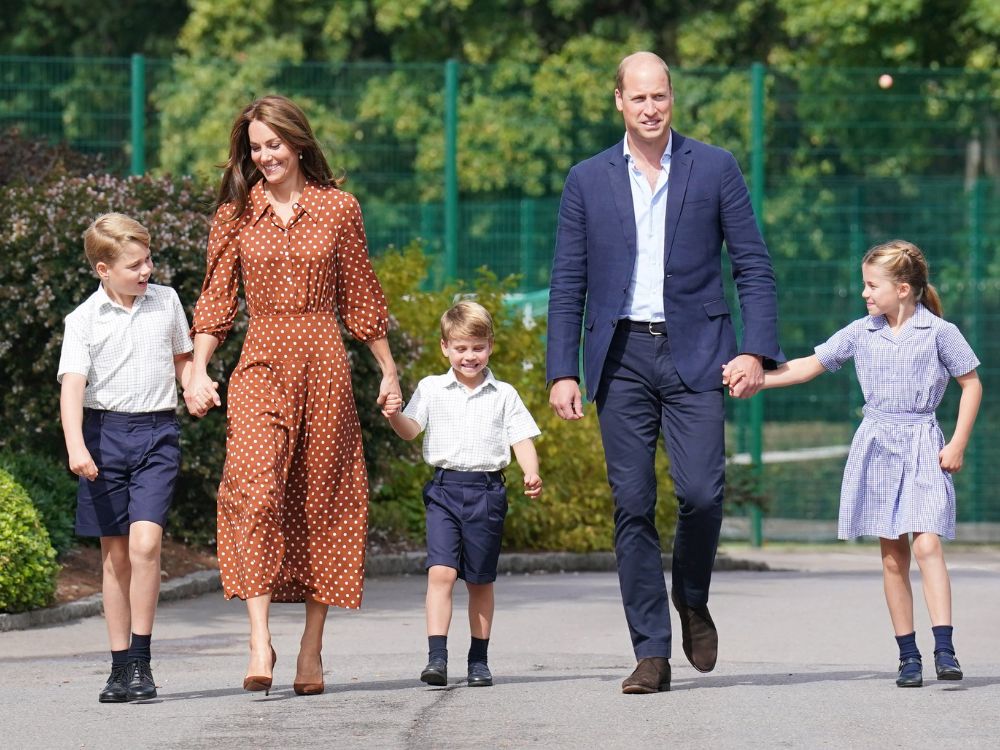
"Finally a natural woman in her 40s. So needed and refreshing!" read one comment praising the divisive photographs. "It's refreshing to see someone ageing gracefully. She's natural, not pumped full of plastic," another posted, calling Kate "a role model for young women."
"This is what women look like. The age they are supposed to look without ridiculous procedures and filters," read another. "Stop adding to the problem."
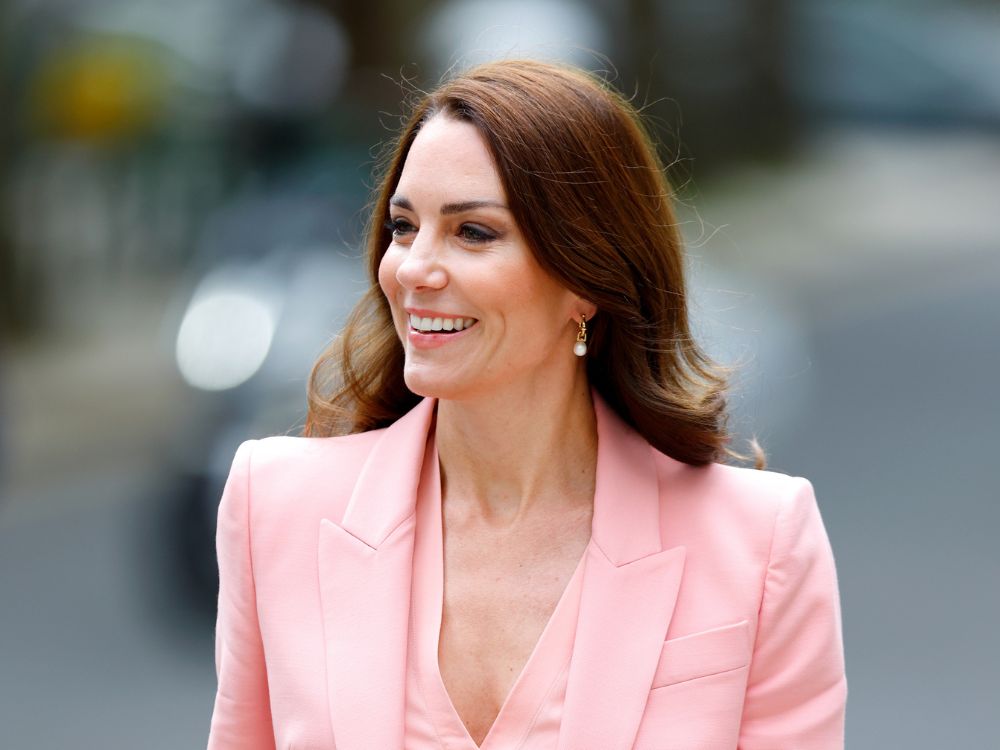
If our society is willing to pick apart someone like Kate Middleton, who is as objectively close to Western beauty ideals as you can get, what does that mean for the future of beauty standards? And what message does it send to women everywhere, who are constantly being told that ageing 'gracefully' should be embraced, but only if you look young while you do it?
The ageist narrative around Kate Middleton right now is more than just problematic, it's downright scary, and there should be no place for it in 2023. We simply cannot afford to lose natural ageing as a standard of beauty.







